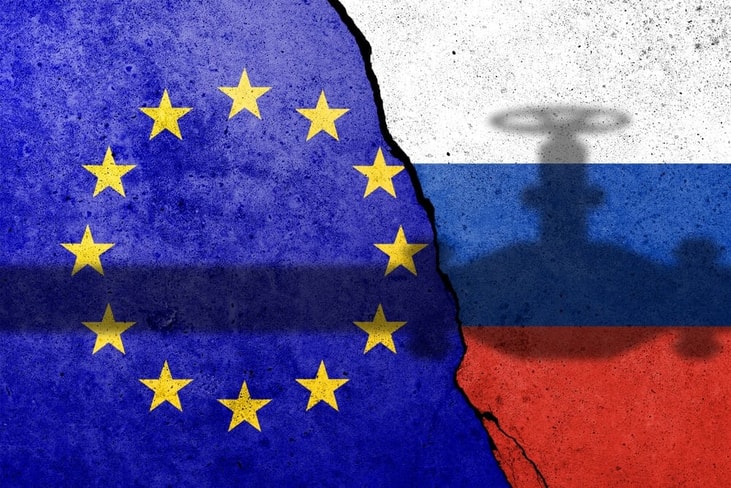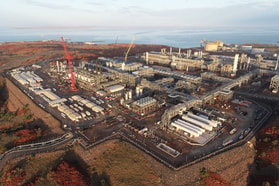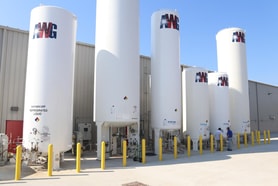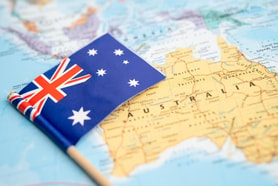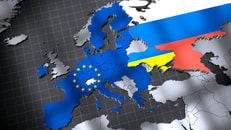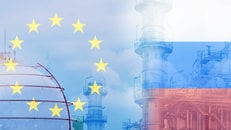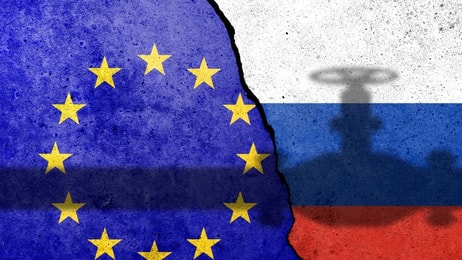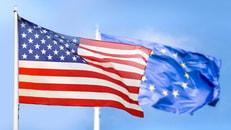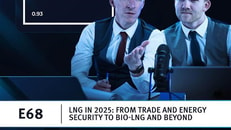Europe sets out new Russian gas restrictions
Europe is to stop new contracts with suppliers of Russian gas (pipeline and LNG) and existing spot contracts will cease by the end of 2025.
The measures aim to ensure that the EU will slash remaining supplies of Russian gas by a third by the end of this year.
The European Commission announced the changes yesterday as part of broader measures to phase out all imports of Russian oil and gas by the end of 2027.
Despite sanctions, Russian LNG has continued to flow into Europe.
... to continue reading you must be subscribed

